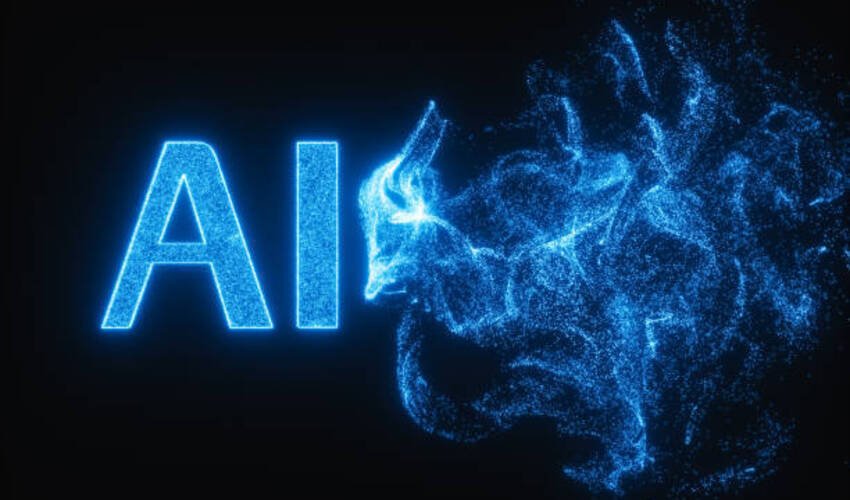Artificial Intelligence (AI) is the technology that has the biggest impact on the modern world. AI has two main branches: Soft AI (Narrow AI) and Strong AI. Soft AI is about the systems that are made for very specific and limited tasks like face recognition, language translation, or movie suggestions, and do not have real human-like understanding or consciousness.
Soft AI’s Definition
Soft AI is working on algorithms targeted at various applications. These systems shine in all the areas of pattern recognition, data processing, and automation, but they will not ever make any decisions that are outside their programming. An illustration of this would be a voice assistant such as Siri or Alexa, it can respond to questions, control the music, or remind you, but still, it will not be able to think outside the box or sense emotions as a human would. The intelligence of the voice assistant can be considered “soft” as it is solely based on the accomplishment of tasks through data processing and not affected by any kind of self-awareness or general reasoning.
Key Applications of Soft AI
Soft AI has already established its presence in various fields such as healthcare, finance, education, and entertainment. In healthcare, it is used to support doctors in their disease diagnosis through image analysis. In finance, it is mainly involved in detecting suspicious transactions and developing automated trading strategies. In the education sector, Soft AI works to adapt and tailor teaching resources according to the abilities of individual students. More areas where the technology is employed include, but are not limited to, personalized content on streaming services, virtual assistants for handling customer inquiries, and smart cars that analyze data from their surroundings to make driving choices.
Major Benefits of Soft AI
Soft AI’s main advantage is its power and the ability to make the right decisions based on processing technology. It can analyze huge volumes of information much quicker than any human, hence the improved correctness and output. Soft AI eliminates the need for repetitive tasks, thus enabling the workforce to concentrate on more innovative and pivotal activities. Furthermore, it strengthens the concept of decisions based on data, thus organizations will get better results with fewer mistakes.
Limitations and Ethical Concerns
Soft AI, even though it has some merits, continues to be limited by its nature. The inability to grasp anything outside the training data leads Soft AI to make assumptions and come to incorrect conclusions, which is a case of bias. Furthermore, extensive use of data leads to privacy and ethical issues. Another concern is that Soft AI-powered automation could take over certain jobs, thus forcing society to reconsider what skills and education are needed in the workforce.
The Future of Soft AI
With the progression of technology, Soft AI is increasingly becoming more flexible and integrated in various sectors. Although it will not be able to attain full consciousness, its role in human life enhancement is unquestionable. The future is being able to use Soft AI responsibly, by human intelligence enhancement rather than human intelligence replacement.
Read Dive is a leading technology blog focusing on different domains like Blockchain, AI, Chatbot, Fintech, Health Tech, Software Development and Testing. For guest blogging, please feel free to contact at readdive@gmail.com.





